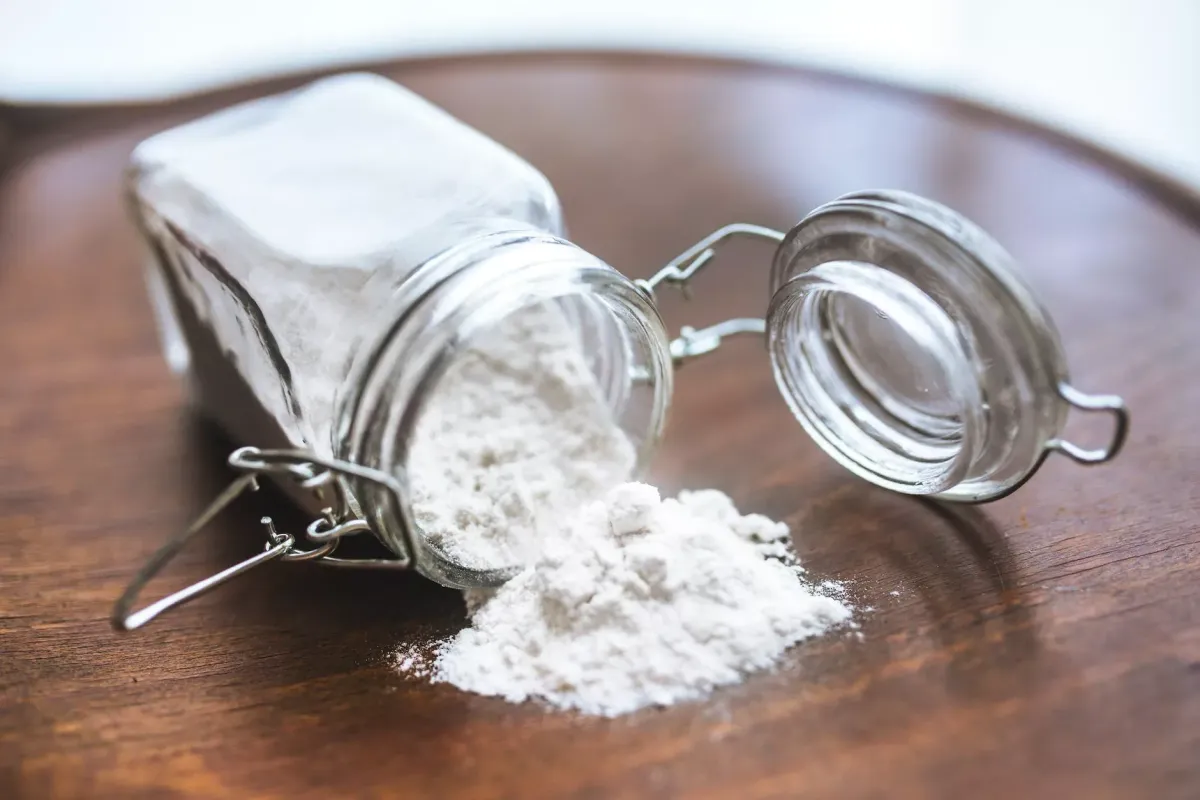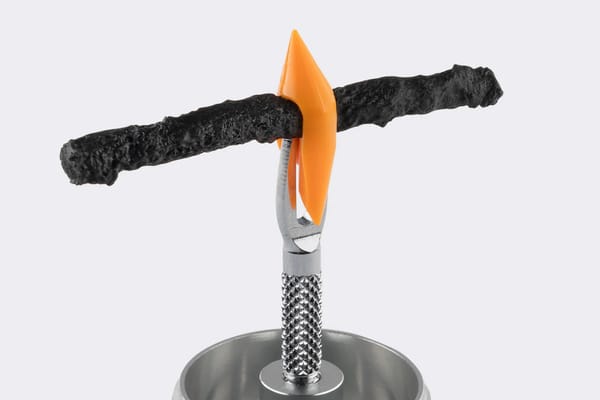Baking Soda for Cycling Performance? The Benefits and Risks of Sodium Bicarb Supplementation

Gravel cycling, like any endurance sport, requires a significant amount of physical exertion and can push the body to its limits. Athletes are constantly looking for ways to enhance their performance and gain a competitive edge. One method that has gained attention in recent years is the use of bicarbonate soda to improve cycling performance.
Bicarbonate soda, also known as baking soda, is a naturally occurring compound that can act as a buffer in the body. When ingested, bicarbonate soda reacts with stomach acid to produce carbon dioxide, which is then absorbed into the bloodstream. This increase in carbon dioxide levels can help to buffer lactic acid, which is produced during high-intensity exercise, and delay the onset of muscle fatigue.
Research has shown that bicarbonate soda supplementation can improve cycling performance by increasing the time to exhaustion and reducing the level of perceived exertion. A study published in the Journal of Strength and Conditioning Research found that subjects who ingested bicarbonate soda prior to cycling were able to cycle for an average of 13.5 minutes longer than those who did not receive the supplement. Another study, published in the International Journal of Sports Nutrition and Exercise Metabolism, found that bicarbonate soda supplementation reduced the level of perceived exertion during high-intensity cycling.
So, how can cyclists incorporate bicarbonate soda into their training regimen?
When it comes to sodium bicarb, the optimal dose to provide a benefit to performance is around 0.3 grams per kilogram of body weight. For example, for a 70kg athlete, that’s 21 grams or 21,000mg. This amount can be controlled using capsules of a known quantity or by weighing out bicarb soda powder and taking it with water. However, both methods have pros and cons. Sodium bicarb powder is cheaper compared to capsules, but it tastes horrible, making the capsules an attractive option despite the extra cost. That said, capsules usually contain 800mg per capsule meaning you’ll have to choke down 20 or more of them.
The gut problems mentioned earlier can occur because large amounts of sodium bicarb cause water to be drawn into the intestinal tract. As a result, some people experience varying degrees of nausea, stomach pain, vomiting, and diarrhea, with higher doses likely to cause more problems. However, a study published in 2011 at the Australian Institute of Sport shed some light on the most effective protocols for bicarb loading, to maximize the benefits and minimize side effects.
The study showed that either capsules or powder should be taken around three hours before competition, and consumed with plenty of water (around 7mL per kilogram of body weight, or 490mL for a 70kg athlete). Having a meal or snack at the same time also reduced the side effects. The timing of bicarb loading is also important when it comes to performance. The traditional view has been that the maximum effect on blood pH occurs between 2-3 hours after consumption, so taking bicarb 2-3 hours before a training session or competition will achieve the maximum benefit to performance.
New research published in March 2016 suggests there is a significant difference between individuals in the time it takes for bicarbonate to peak in the blood, ranging from 75 to 180 minutes after consumption. The authors also suggested that other factors like the amount and timing of food may also be important. They’ve suggested that in elite sport, athletes need to test their race-day protocol beforehand in the lab, following their usual race schedule (including meals in the hours leading up to it) and have their blood bicarbonate and pH measured to determine the best timing for them.
While bicarbonate soda can provide a performance boost, it’s important to remember that it’s not a magic bullet. Proper training, nutrition, and recovery are still essential components of any successful training plan. Additionally, the use of bicarbonate soda should be monitored by a healthcare professional, especially for those with underlying medical conditions such as kidney disease or high blood pressure.
In conclusion, bicarbonate soda supplementation can be a useful tool for gravel cyclists looking to enhance their performance. By buffering lactic acid and reducing the level of perceived exertion, cyclists can push their bodies harder and for longer durations. However, it’s important to approach this method with caution and seek guidance from a healthcare professional before implementing it into your training regimen.
- Carr, A. J., Hopkins, W. G., & Gore, C. J. (2011). Effects of acute alkalosis and acidosis on performance: a meta-analysis. Sports Medicine, 41(10), 801-814. doi: 10.2165/11591440-000000000-00000
- Krustrup, P., Ermidis, G., Mohr, M., & Bangsbo, J. (2015). Sodium bicarbonate intake improves high-intensity intermittent exercise performance in trained young men. Journal of the International Society of Sports Nutrition, 12, 25. doi: 10.1186/s12970-015-0089-8
- McNaughton, L. R. (1992). Sodium bicarbonate ingestion and its effects on anaerobic exercise of various durations. Journal of Sports Sciences, 10(5), 425-435. doi: 10.1080/02640419208729932
- McNaughton, L. R., Ford, S., Newbold, C., & Richardson, A. (1999). The effects of sodium bicarbonate ingestion on high-intensity cycling performance. Journal of Sports Sciences, 17(12), 937-944. doi: 10.1080/026404199365425
- Saunders, B., Sale, C., Harris, R. C., & Sunderland, C. (2012). Sodium bicarbonate and high-intensity-cycling capacity: variability in responses. International Journal of Sports Physiology and Performance, 7(4), 283-289. doi: 10.1123/ijspp.7.4.283





